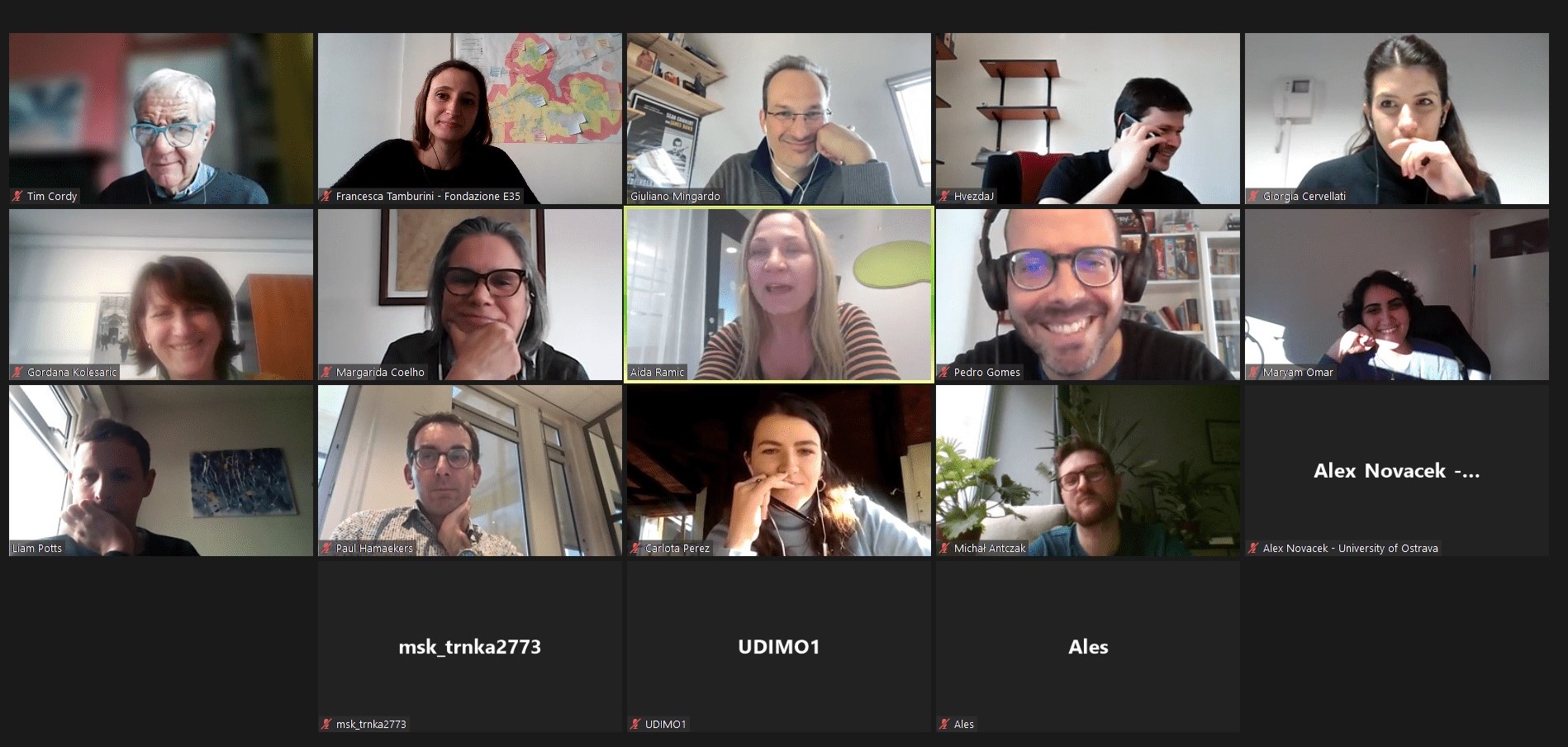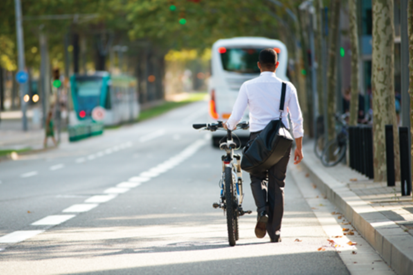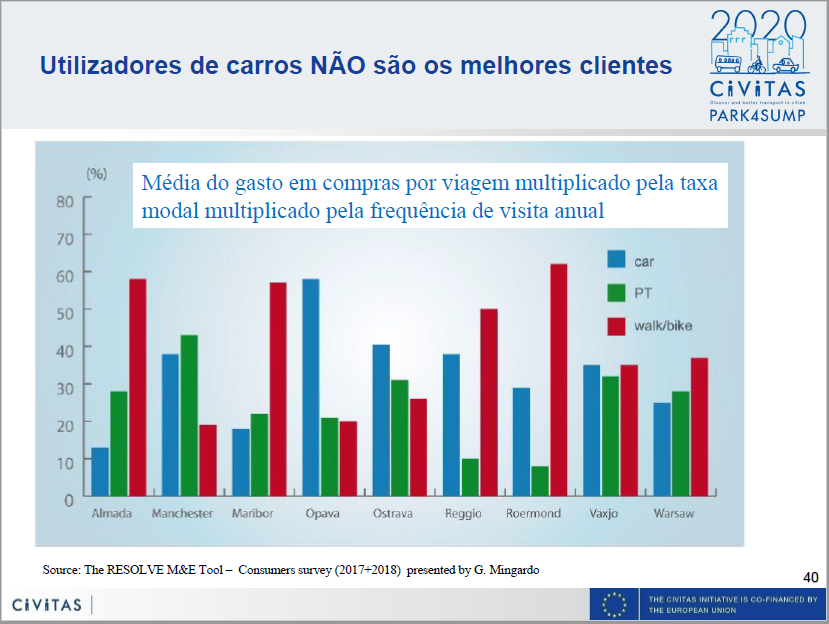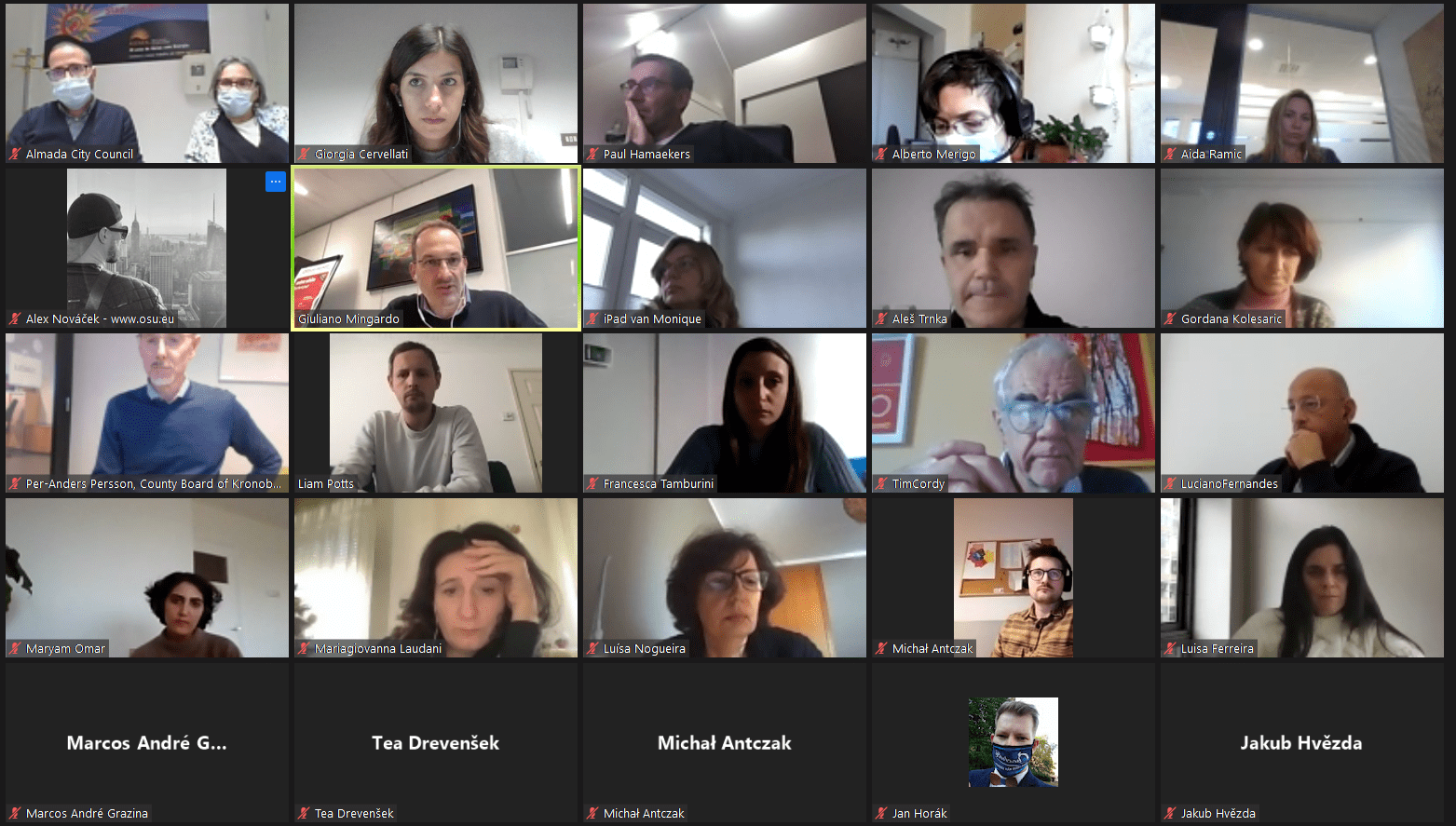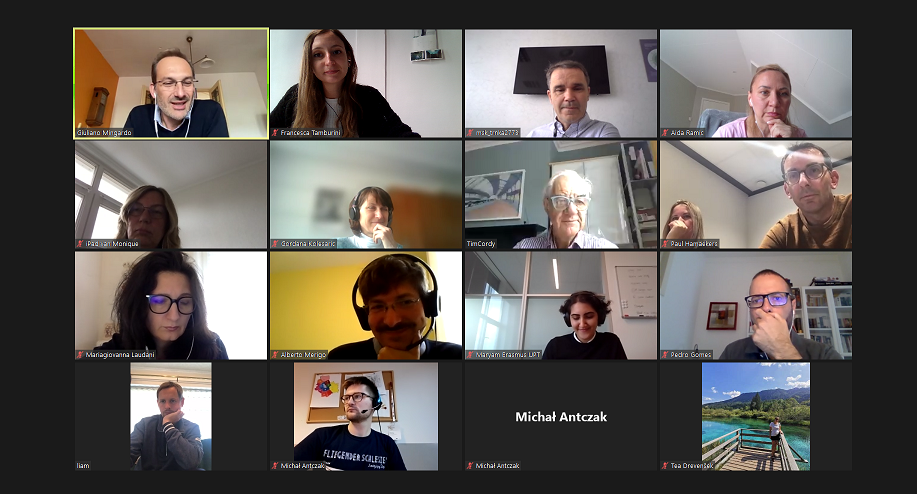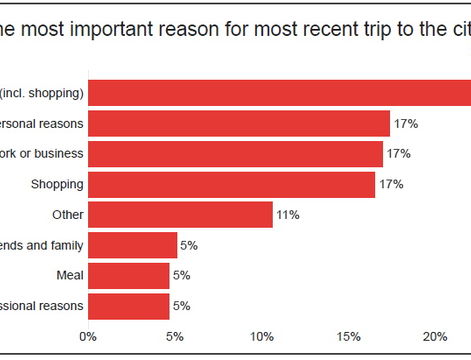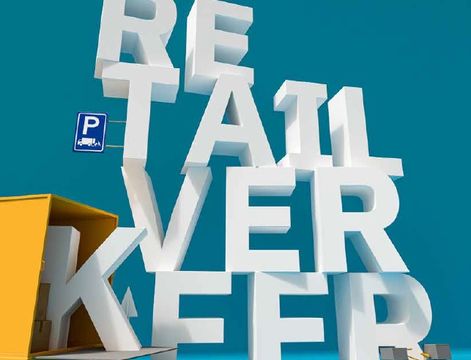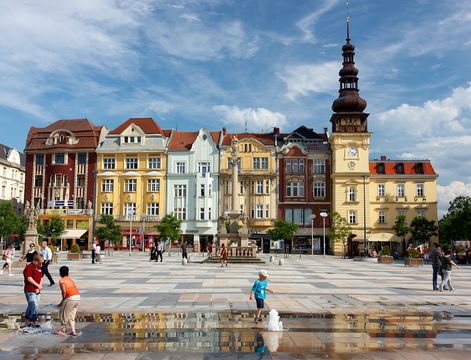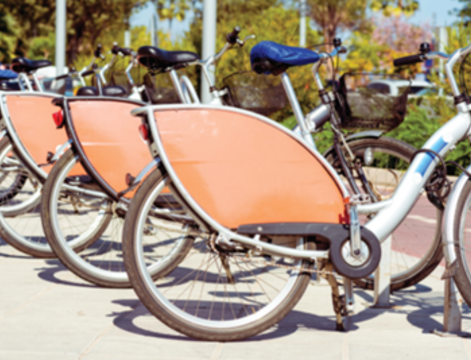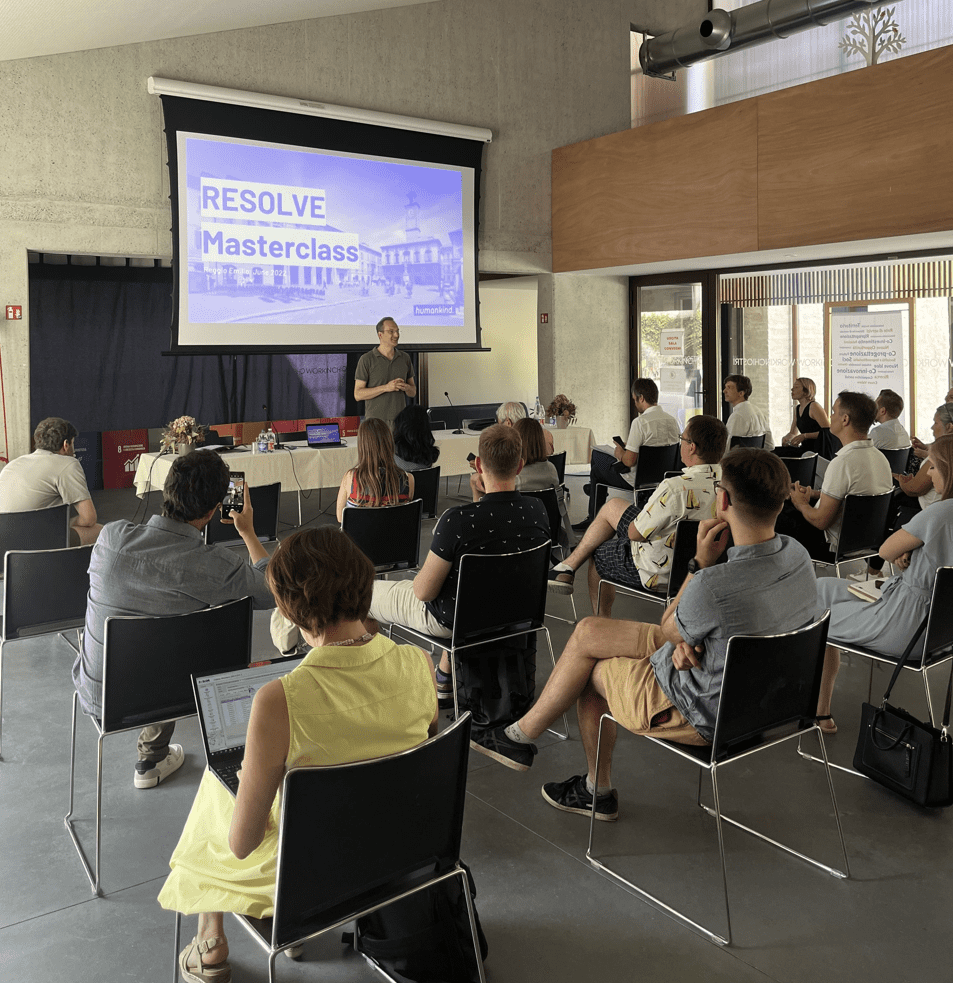Reggio Emilia RAP focuses its attention on the historical city centre, the heart of public, commercial and cultural life. Being travel-to-shop a significant generator of carbon emission in the central area, the RAP has identified three good practices to reduce congestion and pollutant emissions by promoting an active retail.
The first action has already started. A new free floating bike sharing system was launched in July 2019 to provide a sustainable and effective option to reach and move around the city centre. The number of bikes, originally foreseen, has been incremented and it changes according to the demand: 850 in summer season, 450 in winter season. Two type of bikes are available: the traditional ones and the light ones, recognizable by the orange basket. In order to avoid vandalism episodes, the Municipality, has identified 17 parking hubs, where users are encouraged to park the bikes getting a discount on their ride.

The COVID-19 affected seriously the use of bike sharing system, but, after the crisis, the Municipality aims to increase the bike sharing fleet by 100 light bikes. The monitoring proceeded as planned thanks to the close cooperation with the Free-Floating Bike Sharing system operator. Every month, the Municipality receives a report including several indicators: progressive number of users (22.039 up to 31/01/2020), new users, number of trips, number of bikes available, bike rate use, number of yearly subscriptions, average distance and time per trip, total distance travelled, use of parking hubs. These data are extremely useful to monitor the service and improve it according to user demand. For instance, it emerged that measures adopted to reduce vandalism are quite effective. In fact, up to now, vandalism rate is quite low (about 2 bikes per week). Moreover, the subject of parklet became an hot topic during the pandemic. In the so-called phase 2, the City intends to increase pedestrian spaces experimenting new solutions with the involvement of local retailers.
The other two actions of the Plan have been slightly delayed due to Covid-19 crisis. The update of the feasibility study for implementing an innovative Urban Consolidation Center will start in early summer, even if the dialogue with Local Retailers’ Association has already begun. Finally, due to the lockdown, the third monitoring session about spending and mobility behaviour (Action 3) could not take place, since no one was visiting the city centre. An alternative plan is being drafted to carry out the survey in the next months.


